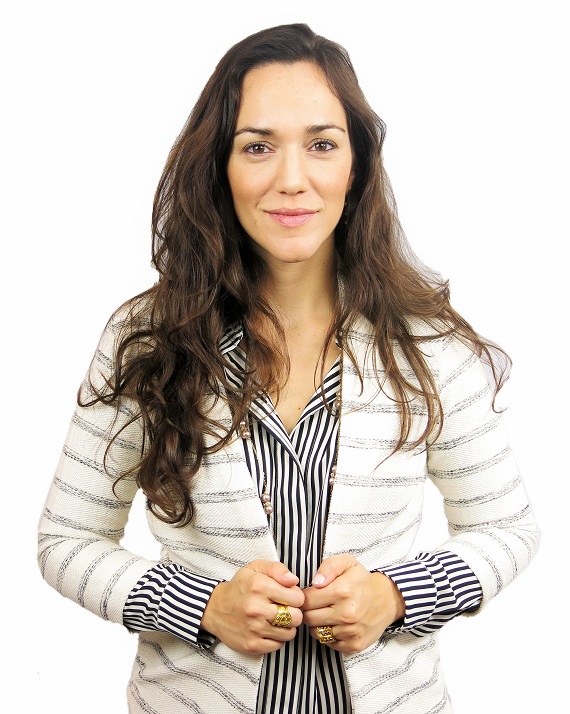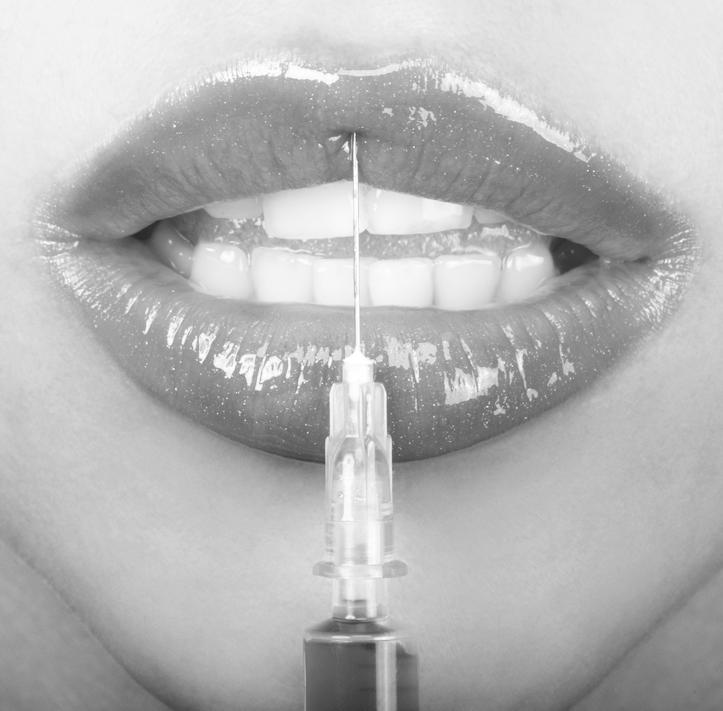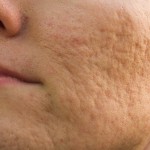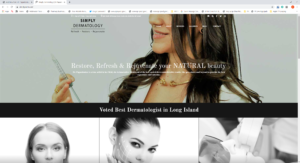Are you using the right anti-aging products?
There are so many options available when it comes to anti-aging creams, lotions, serums and cleansers. I am asked on a daily basis by my patients what really works and what do I recommend. As a Dermatologist I have found through my experience and extensive research that you should be looking for several key basic elements and ingredients when selecting a product to help reverse and prevent the signs of aging. Ask yourself if your regimen and creams provide:
1. Broad Spectrum SPF 30 – 50 daily moisturizer.
This will help prevent sun spots, discoloration, melasma, fine lines and wrinkles from collagen and elastin break down, and prevent DNA damage and risk for skin cancers.
2. Retinol or Retinoic Acid 2-3 times per week, or nightly as tolerated.
This will promote your skin cells to produce more collagen, even out skin tone, and is clinically proven to improve fine lines and wrinkles. This is the gold standard in skin care for rejuvenation and prevention.
3. Vitamin C: can be used in the morning or evening.
A strong antioxidant, and skin brightener, this can help reverse daily damage from free readicals and even out skin tone. May also help with the appearance of fine lines and wrinkles.
4. Hyaluronic acid serums or creams.
This may be used alone or in combination with the other recommended ingredients listed to super hydrate your skin cells, and instantly improve the appearance of fine lines and wrinkles. Some studies have also linked Hyaluronic acids with skin regeneration and increased collagen production.
5. Green Tea Polyphenols, Resveratrol, Edelweiss
These are powerful antioxidants and free radical scavengers that are anti-inflammatory, and help to promote cellular health. They have the potential to increase your skins ability to heal and repair from photo-damage as well.
If your regimen does not include the top 2 important elements: sunscreen and retinol/retinoic acid you may want to consider adding these. I will mention that there are some people, especially those who are rosacea prone or have eczema, that may have flare ups of their conditions with a retinol/retinoic acid cream and so should omit this from their regimen if they note worsening.
What about growth factors?
Well, there is a new wave of cosmetics for anti-aging purposes that contain growth factors, some of which are plant derived, and some derived from living cells. These growth factor aim at specifically stimulating cell growth and production of collagen. I won’t get into the controversy over the use and origin of these growth factor containing ingredients, but I will mention my hesitation with recommending these products. In order for an ingredient to have an effect on the cells in your skin, it must first be able to cross your skin barrier and be able to migrate across cellular membranes, I am not sure that all these growth factor creams/serums are truly able to accomplish this and are truly effective. And as a precaution if you have a history of skin cancer or are at a high risk for skin cancer I would reconsider using these products on your skin, a growth factor has the potential to increase the growth and turn-over of many cell types and may pose a theoretical risk. On the other hand, the use of topical Retinol/Retinoic acid is beneficial for reducing the risk of developing certain types of skin cancers.











